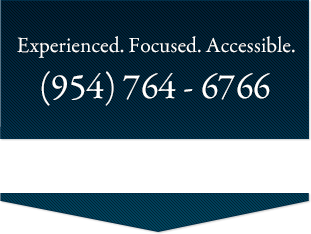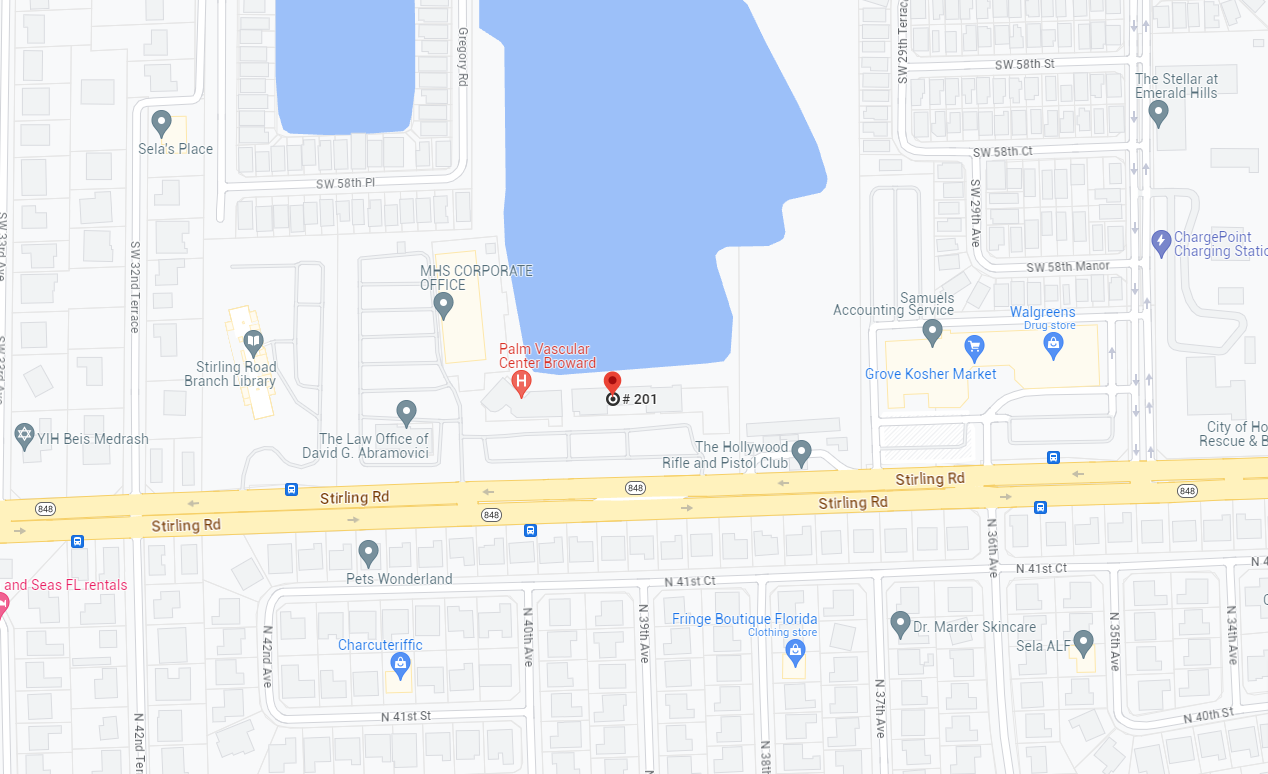Garnishing a Judgment Debtor’s Interest in an Estate
By: Brandon D. Cole
At long last, you emerge victorious in your lawsuit, holding your judgment high. One problem, the judgment debtor does not have sufficient assets to satisfy it. However, you learn that the judgment debtor has an interest in an ongoing estate proceeding and will receive a distribution upon the conclusion of the proceeding. You rush out, have the writ of garnishment issued, and serve it on the personal representative. In the words of Lee Corso, “not so fast my friend.” When it comes to seeking to garnish a beneficiary’s interest in an estate, the Florida Probate Code requires an additional step prior to permitting the garnishment of an estate’s assets.
Over a century ago, the Florida Supreme Court, in Post v. Love, 19 Fla. 634 (1883), held that an executor of an estate could not be required to answer a writ of garnishment by a creditor of an heir. The court’s decision was based on (i) the text of the garnishment statute, which limited the garnishment of intangible personal property to debts due from third-parties, and (ii) the concern that allowing estates to be garnished would cause “great confusion and expense” in their administration. Id. at 642.
In 1967, the legislature amended Section 77.01 of the Florida Statutes to allow the garnishment of “intangible personal property of [the] defendant in the possession or control of a third person.” §77.01, Fla. Stat. As the Fourth District Court of Appeal noted in Murray v. Nationsbank of Florida, N.A., 846 So.2d 548 (Fla. 4th DCA 2003), this change in the garnishment statute now permits a beneficiary’s interest in an estate to be garnished. The Murray court reasoned that, because the right to inherit from an estate is a type of intangible personal property, the expansion of the categories of property that can be garnished under the 1967 amendment to the garnishment statute included a beneficiary’s interest in an estate. Id. at 551. But the revised garnishment statute only allows a beneficiary’s interest to be garnished; what about the additional step mentioned above?
The predecessor to the Florida Probate Code, the Probate Act, prohibited “any levy [] against any property, real or personal, of the estate of a decedent.” Brown v. Sweat, 6 So.2d 538 (Fla. 1942). However, the current statute, Section 733.706, does not contain such a blanket prohibition, but, instead, provides that:
Except upon approval by the court, no execution or other process shall issue on or be levied against property of the estate. An order approving execution or other process to be levied against property of the estate may be entered only in the estate administration proceeding.
733.706, Fla. Stat. Thus, the current statute allows a writ of garnishment to issue against the property of an estate only if the probate court enters an order approving issuance of the writ.
The Murray court discussed two additional points that should be addressed in seeking an order approving the issuance of a garnishment. First, the probate court should make a finding that the garnishment will not interfere in the administration of the estate. Murray, supra, at 552. Because the probate court is not obligated to approve the issuance of a writ of garnishment against the estate, it is the responsibility of the party seeking approval to show that the garnishment will not be intrusive or disruptive to the estate administration. If the garnishment will be disruptive and cause the estate’s expenses to increase unnecessarily, it not only affects the interest of the judgment debtor, but the rights of all of the interested parties to the estate. Second, the probate court must control any payments from the estate’s assets. Id. This is important because Section 733.706 requires not only approval of the issuance of process, but also approval of the execution against the estate’s assets.
Let us summarize the process of garnishing property of an estate. First, a creditor must obtain its judgment. Second, the creditor must file a motion in the probate proceeding requesting the entry of an order (1) permitting a writ of garnishment, against someone to whom the estate is indebted, to be issued against and served on the personal representative of the estate, (2) finding that the garnishment will not interfere with the administration of the estate, and (3) stating that the probate court will control any payments from the estate assets. Third, the creditor must follow the standard statutory procedure for garnishment before the court from which the garnishment issued and serve the garnishment on the personal representative. Finally, the creditor must seek the approval of the probate court to execute against the judgment debtor’s interest.
The creditor should be aware of two relevant issues. First, the execution may not be approved until the personal representative is ready to distribute the estate’s assets and close the estate. Second, if the garnishment is served on the personal representative before a determination can be made of the amount due the judgment debtor, the personal representative may not be able to state in his or her answer whether the estate is indebted to the judgment debtor or list the property of the judgment debtor in the personal representative’s possession or control. The impact of a premature garnishment on a personal representative in Florida has not yet been determined by the appellate courts.
If you are a judgment creditor, and you are seeking to garnish the judgment debtor’s interest in an estate in Broward, Miami-Dade, Palm Beach County, or anywhere in Florida, please contact a Broward County Probate & Estate Administration lawyer by calling (954) 764-6766 or by completing the contact form on this page.
Enforcing Construction Liens: The Importance of Punctuality
“If you’re not early, you’re late.”—Vince Lombardi
While there are many different variations of exactly what the great Vince Lombardi stated regarding punctuality, his message on the importance of punctuality cannot be overstated. Punctuality is important in nearly every aspect of our lives. Punctuality can set the tone for our relationships, both personally and professionally, and could, perhaps, make or break a business deal. Punctuality has been said to be the “soul of business” (Thomas C. Haliburton). However, it is important to remember that the concept of punctuality is not limited to simply arriving at a place at the right time (or early), but, rather, about taking actions at the right time. For this reason, punctuality is, perhaps, most important in the legal realm, because failing to take specific actions at the right time could cause you to forfeit important legal rights.
In Florida, a contractor, subcontractor, or supplier has the legal right to place a lien on a project owner’s property when he or she doesn’t get paid; however, in order to preserve those rights, the contractor, subcontractor, or supplier must take certain actions at the right time. For example, a contractor that has a direct contract with the project owner may be able to simply file a Claim of Lien within 90 days after completing its final work at the project. But a subcontractor or supplier without a direct contract with the project owner must take additional steps, such as providing a Notice to Owner not later than 45 days after beginning work, or first supplying materials, at the project. Similarly, when the project is bonded, the subcontractor or supplier must provide a Notice of Nonpayment to the surety in order to claim rights under the payment bond. Failure to provide any of the notices within the required time periods, or to timely file a Claim of Lien, will cause the contractor, subcontractor, or supplier to forfeit their lien rights and, possibly, their ability to be paid for the work or materials provided to the project.
If you are a contractor, subcontractor, or supplier in Broward, Miami-Dade, or Palm Beach County, and would like to ensure that you are properly preserving your lien rights, then schedule a consultation with a Broward County construction lawyer by calling (954) 764-6766 or by completing the contact form on this page.






